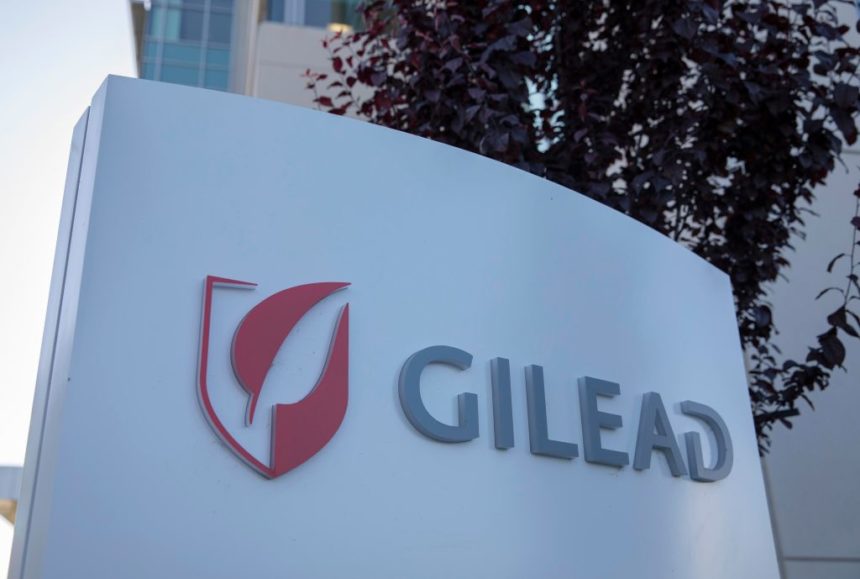Gilead Sciences recorded $6.6 billion in revenue during Q1, marking an increase of 3%, primarily driven by increased demand for Biktarvy and Veklury.
Biktarvy sales increased 18%, totaling $2.2 billion, while Veklury sales increased 2%, to $5 billion, and Trodelvy sales increased 103%, to $146 million. Gilead’s oncology sales surged 60% to $420 million, while its HIV product sales inched up to $3.7 billion, according to the company’s earnings report released Thursday afternoon.
The company’s cell therapy product sales increased 43% to $274 million thanks to the demand for Tecartus and Yescarta, which received FDA approval for treatment of adult patients with LBCL that is refractory to first-line chemoimmunotherapy or that relapse within 12 months of first-line chemoimmunotherapy.
Despite the top-line growth, Truvada sales fell by 72% year-over-year due to the loss of exclusivity in the U.S. in 2020. Additionally, Gilead’s hep-C product sales decreased 22% in Q1, largely due to fewer patient starts and lower net price.
Gilead also recognized a $2.7 billion in-process research and development impairment related to assets acquired by the company from Immunomedics in 2020. This development increased the company’s effective tax rate for Q1 to 107.9%, compared to 23.9% this time last year, and caused Gilead to lower its earnings per share guidance to a range between $3.00 to $3.50.
Gilead released its earnings less than two weeks after Immunomedics settled an ASCO data blunder for $4 million.
“Gilead’s performance in the first quarter reflects the strength and diversity of our business with both our HIV and oncology therapies contributing to year-over-year growth,” said Gilead CEO Daniel O’Day in a statement. “Biktarvy delivered strong 18% year-over-year revenue growth, and oncology sales increased by 60% year-over-year, driven by increased demand for Trodelvy and our cell therapy products. As we continue to advance our broad oncology portfolio, we look forward to providing more new options for people living with cancer.”








